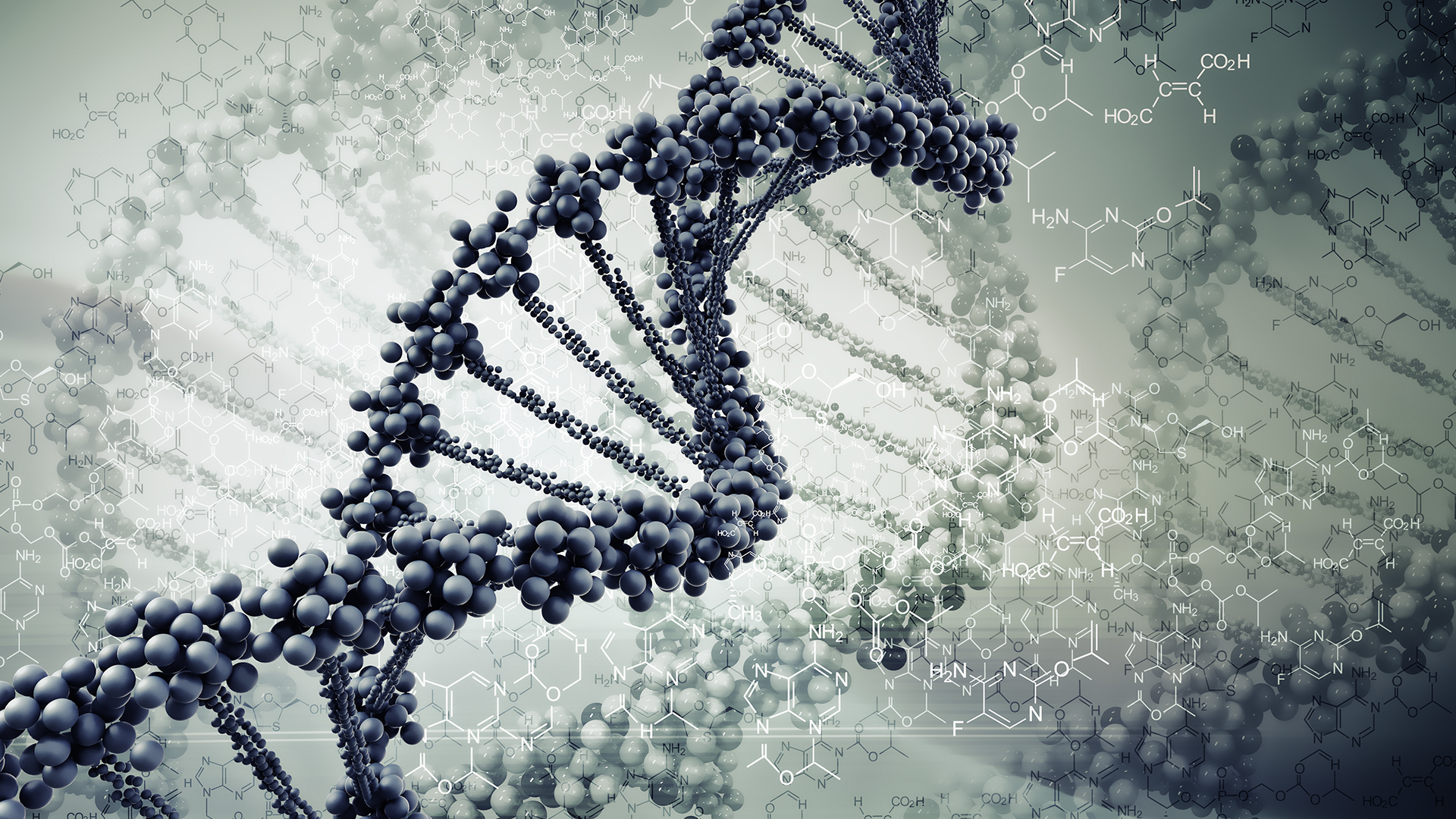Galactosemia is a treatable metabolic disorder where the body is unable to process a sugar called galactose, which is found in milk and dairy products.
Symptoms include loss of appetite, jaundice, vomiting, liver failure, cataracts, learning and intellectual disability, and stunted growth and motor function. Symptoms can arise shortly after birth.
This condition is caused by pathogenic (disease-causing) variants in the GALT gene and exhibits autosomal recessive inheritance. This means that both parents must be carriers to have a 25% chance to have a child with the condition. The risk of being a carrier is based on a person’s ancestry or ethnic background. For example, individuals of Ashkenazi Jewish descent have a 1 in 156 chance to be a carrier. Carriers typically do not experience any symptoms. Being a carrier of galactosemia is not associated with lactose intolerance.
Resources:
Galactosemia Association of Midwest America (GAMA)
National Organization for Rare Disorders (NORD)
Revised October 2023

